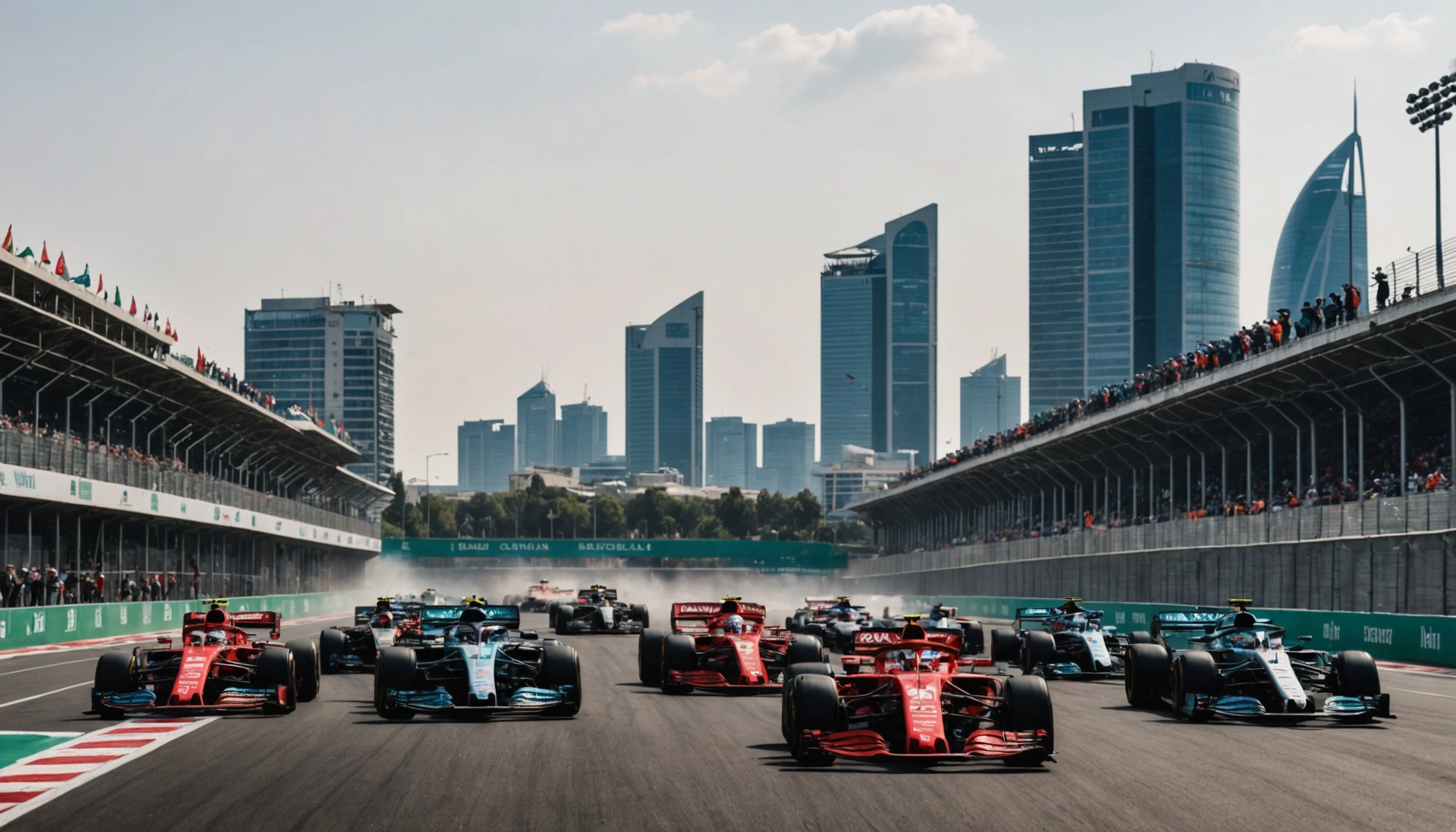Saudi Arabia Confirmed As 2034 World Cup Host Amid Controversy
FIFA announces Saudi Arabia as 2034 World Cup host with Spain, Portugal and Morocco hosting 2030. Explore the implications, controversies and fan safety concerns.

By Editorial
Introduction To The 2034 World Cup Hosting Decision
FIFA has officially awarded Saudi Arabia the rights to host the 2034 men’s World Cup, marking a significant moment in football history. This decision follows the ratification of the 2030 World Cup, which will be jointly hosted by Spain, Portugal, and Morocco, with the opening matches staged in South America. The selection process, however, has sparked considerable debate and controversy across the global football community.
How The 2034 And 2030 Host Selections Were Made
Both the 2030 and 2034 World Cup bids were confirmed during an online FIFA Congress, with no competing bids for either tournament. The FA, along with the Scottish and Welsh Football Associations, publicly supported the bids, highlighting the technical strengths and organisational readiness of the host nations.
Saudi Arabia’s bid for 2034 was uncontested, largely because FIFA’s rotation policy limited eligibility to Asian and Oceanian countries following the 2030 allocation. Furthermore, the unique arrangement for 2030 saw South America hosting the opening three matches, reducing competition for the full hosting rights. Australia notably withdrew from the 2034 bidding process on the same day Saudi Arabia’s bid was announced, clearing the way for the kingdom.
Controversy Surrounding Saudi Arabia’s Hosting Rights
The decision to award Saudi Arabia the 2034 World Cup has been met with criticism, primarily centred on concerns of “sportswashing” – the idea that authoritarian regimes use high-profile sporting events to improve their international image despite poor human rights records. Saudi Arabia’s history of human rights violations, including restrictions on free speech, women's rights, and criminalisation of homosexuality, raises serious ethical questions.
Amnesty International has condemned FIFA’s decision, calling it a “dangerous decision” and accusing the governing body of failing to secure meaningful human rights guarantees before awarding the tournament. Steve Cockburn, Amnesty’s director, highlighted risks faced by migrant workers involved in tournament preparations and the repression of dissenting voices in Saudi Arabia.
The FA’s Response To Fan Safety And Inclusion
The Football Association (FA) has engaged with the Saudi Arabian Football Federation to ensure fan safety and inclusivity, particularly regarding LGBTQ+ supporters. The FA stated that Saudi officials have committed to providing a safe and welcoming environment for all fans, emphasizing football's universal appeal and its capacity to inspire positive change when working collaboratively with host nations.
Impact On The Global Football Calendar And Scheduling Challenges
One of the practical concerns surrounding the 2034 World Cup in Saudi Arabia involves the timing of the tournament. Traditionally held in June and July, the World Cup faces scheduling challenges due to Saudi Arabia’s extreme summer temperatures, which can exceed 40°C. FIFA’s bid evaluation report suggests scheduling the tournament between October and April when temperatures are milder.
However, staging a winter World Cup clashes with the European football calendar, especially the Premier League and other top leagues, which have expressed reservations due to potential fixture congestion and player welfare issues. The expanded 48-team format scheduled for 2034 exacerbates these challenges, as players could be away for extended periods, disrupting domestic and continental competitions.
Saudi Arabia’s Growing Influence In Global Sport
Hosting the World Cup is a natural extension of Saudi Arabia’s increasing investment in international sports. The kingdom currently hosts major events such as Formula 1 races, boxing matches, and golf tournaments. Its Public Investment Fund (PIF) owns the LIV Golf series and recently acquired Premier League club Newcastle United, signalling deepening involvement in global sports markets.
This investment strategy aligns with Saudi Arabia’s Vision 2030 plan, aiming to diversify its economy and enhance its international profile through sports and entertainment.
What The 2030 World Cup Means For The Sport
The centenary 2030 World Cup promises to be a historic celebration of football, hosted across six countries spanning three continents: Spain, Portugal, Morocco, and the South American nations of Argentina, Paraguay, and Uruguay. This unprecedented arrangement highlights football’s global reach and collaborative spirit, contrasting with the more controversial 2034 decision.
The tournament will showcase diverse cultures and footballing styles, potentially setting new standards for co-hosting models in future mega sporting events. Fans can anticipate an exciting blend of tradition and innovation as the sport marks its 100th anniversary.
Looking Ahead: Monitoring And Preparing For The 2034 World Cup
National federations, including the Football Association of Wales, have pledged to monitor developments closely and advocate for human rights protections and fan safety ahead of the 2034 tournament. Ensuring transparent dialogue between FIFA, host nations, and football communities will be essential to address ongoing concerns effectively.
Meanwhile, fans and stakeholders are encouraged to stay informed and engaged, following updates from reliable sources such as Premier League top scorers who is leading the charts in 2024 and other football news to maintain a broad perspective on the sport’s evolving landscape.
Conclusion: A Turning Point For World Cup Hosting
The awarding of the 2034 World Cup to Saudi Arabia marks a significant and controversial milestone in football history. While it reflects Saudi Arabia’s ambitions and growing role in global sports, it also raises pressing ethical and practical questions that FIFA and the football community must address.
Balancing the sport’s universal appeal with respect for human rights and logistical realities will be critical to ensuring the tournament’s success and legacy. As preparations begin, continued scrutiny, collaboration, and advocacy will shape how this World Cup is remembered in the years to come.
Related topics
Editorial
Sports expert at SportsScoop
Specialist in sports analysis and journalism
Related articles
Want to read more?
Explore our comprehensive collection of sports articles and analysis, or contact us for more information.



